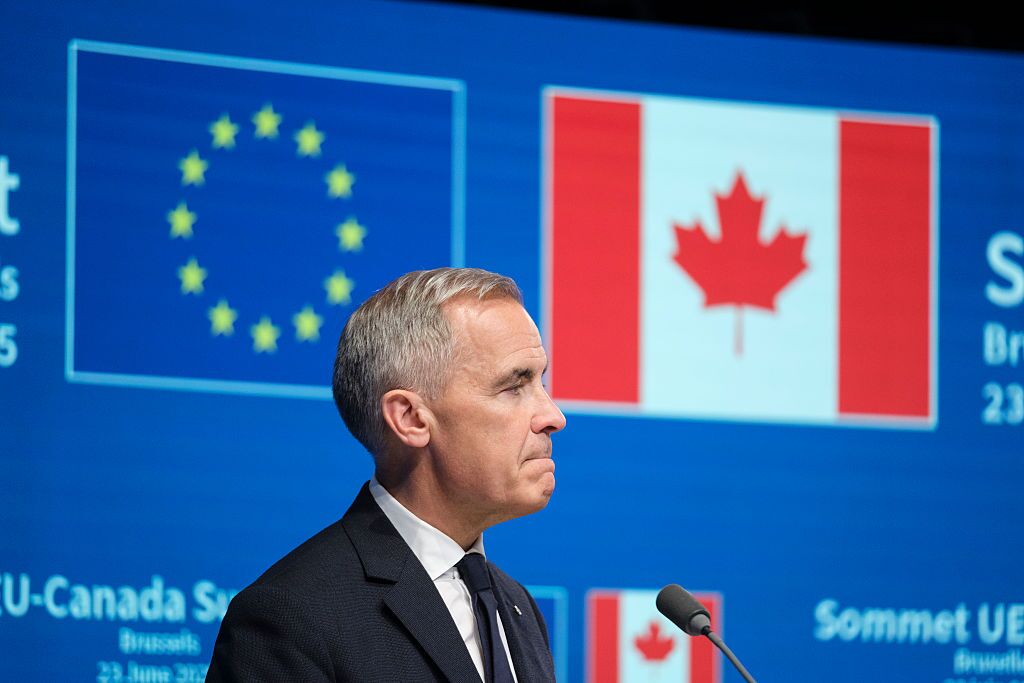Canada’s Carbon Pricing Policy: A Political Chess Game

As the fifth anniversary of Canada’s carbon tax approaches, a significant political chess game unfolds with Conservative Leader Pierre Poilievre leading the charge against the controversial policy. The carbon pricing, designed to combat climate change, has become a pivotal issue in Canadian politics, with Poilievre attributing it to the country’s inflation woes.
‘Axe the Tax’: Poilievre’s Battle Cry
Poilievre, known for his shrewd and assertive approach, has successfully distanced himself from his party’s fringe elements and centered on criticizing the Liberal government’s alleged failures and lack of charisma. His campaign against Canada’s carbon tax has resonated with Canadians, who are increasingly convinced that the carbon price is responsible for the country’s inflation. His ‘axe the tax’ message has been so effective that it has prompted changes in Prime Minister Justin Trudeau’s signature climate policy.
Trudeau’s Concession and the Domino Effect
Despite Trudeau’s resistance to Poilievre’s stance, the Prime Minister made a significant concession by temporarily removing the carbon price from heating oil, a move triggered by pressure from the Atlantic caucus and declining poll support. This concession has stirred a domino effect, with other regions now demanding similar exemptions. Saskatchewan is planning to halt carbon price collection, while the Northwest Territories are seeking a full exemption. In Ontario, First Nations have filed a lawsuit for exclusion from the carbon price rebate program.
Carbon Pricing: A Double-Edged Sword
Further complicating the issue is a Conservative private member’s bill, Bill C-234, which seeks to exempt carbon pricing on farm fuels. The bill has passed the Senate with amendments and awaits another vote in the House of Commons. Despite these challenges, Trudeau insists there will be no further exemptions, although discussions with First Nations and the Northwest Territories about the rebate system are ongoing. Economists and business leaders generally view carbon pricing as an efficient way to reduce emissions with minimal government interference, but the burden of the price, which is 14 cents per litre of gasoline and 12 cents for each cubic metre of natural gas, is also felt by businesses and families.
Michael Bernstein, from the advocacy group Clean Prosperity, believes Trudeau won’t dismantle the program, but acknowledges that Poilievre would likely eliminate the consumer side of carbon pricing if he wins the next election. Poilievre has suggested he might retain some form of industrial carbon pricing, which differs from the consumer fuel charge and applies to big emitters based on actual emissions.


